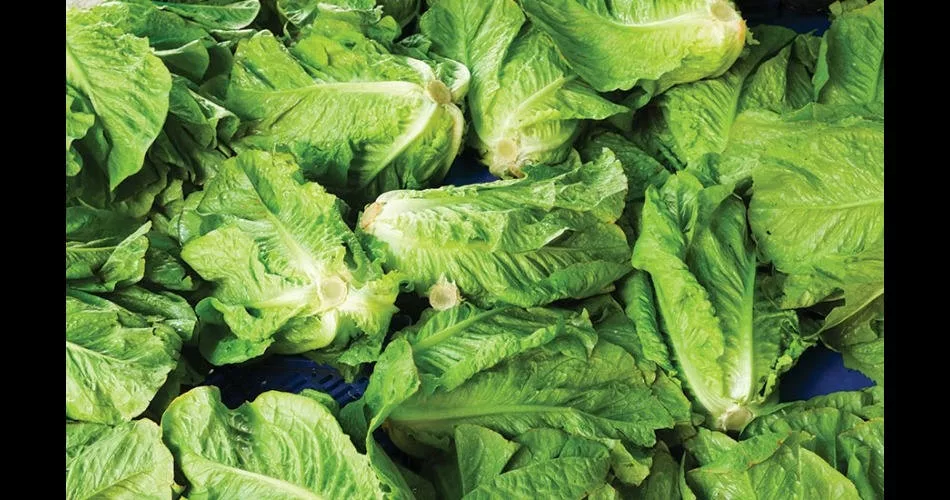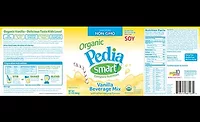Food Safety
FDA moves to in-depth analysis after romaine field tests didn’t find outbreak strains
'Root-cause' investigation will help determine needed preventive controls

E. coli tests of romaine fields where investigators traced contaminated lettuce did not turn up outbreak strains, so the FDA will move to an in-depth “root-cause” investigation for three outbreaks.
“It should be noted that romaine from this grower does not explain all of the illnesses seen in these outbreaks,” says Frank Yiannas, FDA deputy commissioner for food policy and response.
The investigation will help the agency determine what preventive controls are needed, he says. The agency will report on “lessons learned” to help growers adopt best practices to protect against contaminated produce.
Three separate outbreaks tracked by public health investigators are over, the FDA announced. The outbreaks linked to romaine were caused by three strains of E. coli O157:H7. The FDA’s traceback investigation identified a common grower in Salinas, Calif., for the three outbreaks.
Investigators reviewed hundreds of supply chain records to find “a commonality to a single grower with multiple fields,” narrowing to at least 10 fields in the lower Salinas Valley, Yiannas says.
Investigators took water, soil and compost samples from several fields, and so far, results are negative for the three outbreak strains. They did find a strain unrelated to any illnesses in a soil sample taken near a runoff point in a buffer zone between a field where product was harvested and where cattle occasionally graze.
“This could be an important clue that will be further examined as our investigation continues. However, this clue does not explain the illnesses seen in these outbreaks,” he says.
Looking for quick answers on food safety topics?
Try Ask FSM, our new smart AI search tool.
Ask FSM →
People no longer need to avoid Salinas romaine lettuce because the region’s growing season is over. There is no need to avoid any other produce from Salinas, the FDA says.
One outbreak sickened 167 people in 27 states, and another linked to Fresh Express salad kits sickened 10 people in five states. The third outbreak in Washington state made 11 people ill.
Dec. 21 was the last day that someone reported an illness starting, following the FDA’s Nov. 22 advisory to avoid Salinas romaine, which prompted stores and consumers to purge the lettuce.
People safely eat millions of servings of fresh lettuce and other greens every day, but the “repeat nature” of outbreaks from leafy greens, specifically romaine, remains a concern, Yiannas says.
“Our investigation is ongoing, and we are doing everything possible to find the source or sources of contamination.”
The FDA continues sampling to monitor for pathogens in romaine across the nation. “Industry can and must do their part too,” Yiannas says. “Everyone across the romaine supply chain must do everything possible to fully understand why and how these outbreaks keep happening and continue to aggressively implement preventive measures to further protect consumers.”
The FDA will launch its New Era of Smarter Food Safety Blueprint early this year to outline how to use technology advances to improve track and trace. To read more about the initiative, go to Yiannas’ full statement here.









